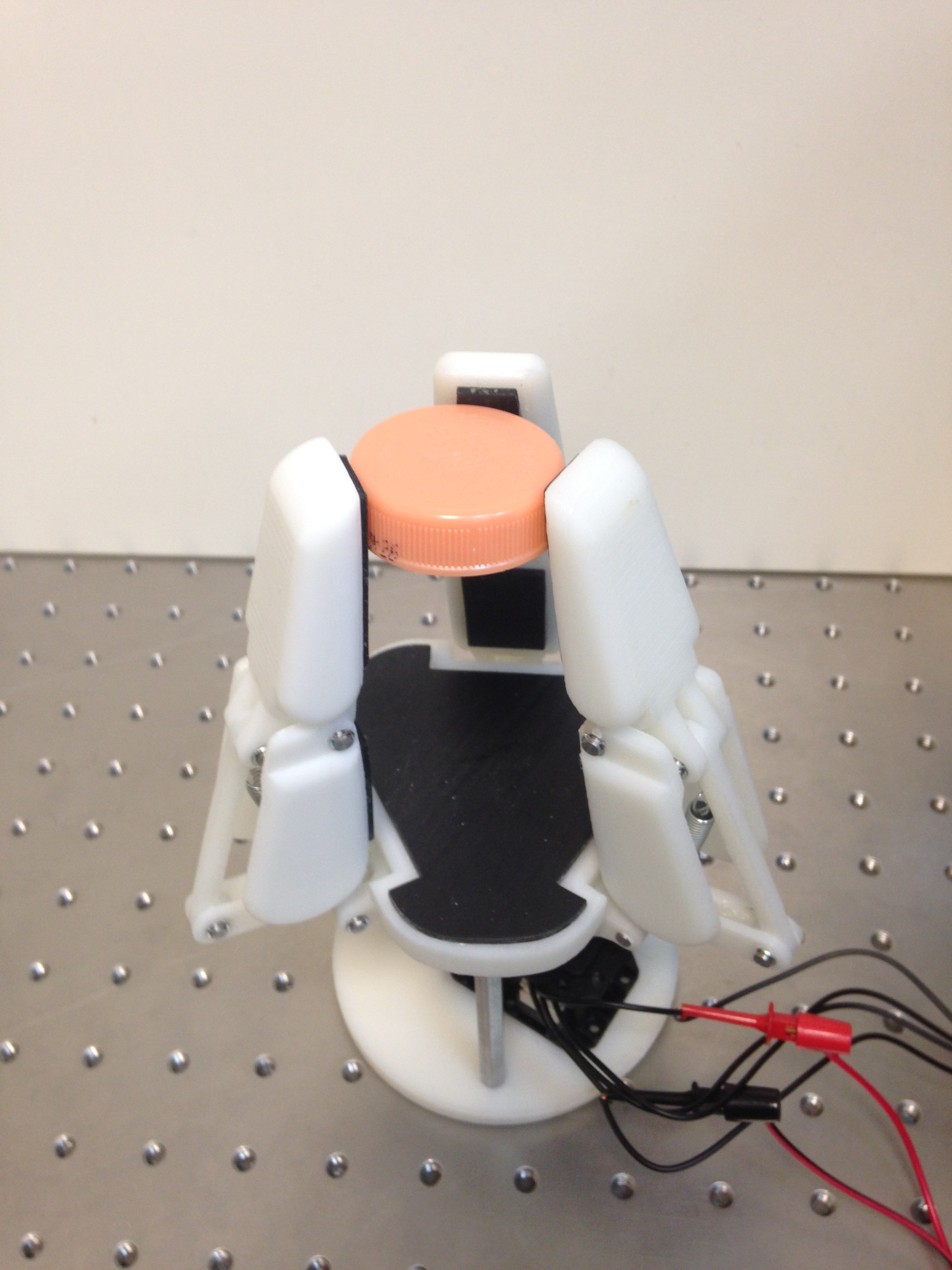
You want to employ an RPA tool to increase the efficiency of your business processes (along with speed, of course). If you are ready to embrace the RPA technology, you must know how to choose the right one. With its capability to integrate, you can easily expand its accessibility.

So it merely boils down to your business requirement – whether traditional automation will be enough for your business, or you need to open your applications for RPA.īut it is noteworthy that RPA is scalable. The best part is that RPA technology is system agnostic, and so it can be deployed across various application types.īesides, RPA enables you to take action quickly as it can mimic the role of an agent, while traditional automation can take months to implement.ĭespite that, traditional automation can be quite useful for several tasks, including helping with simple calculations and linking one system to another that does not require advanced programming or handling of multiple systems. Whereas, RPA sticks to the front-end of the application and carries on with the tasks without any intervention from humans on the back-end. It allows you to automate certain steps of the operational processes. Traditional automation removes the need to perform the whole tasks manually. The difference between traditional automation and RPA is pretty simple. So, What Is the Difference Between RPA and Automation? Therefore, I decided to clear up any misunderstanding. Many people get confused between the two.

Here you will find a comprehensive list of top free and open source RPA tools that can lead your business towards operational efficiency.īut mind you, traditional automation (which is a decades-old technology) is not the same as RPA. If you are skeptical about investing in RPA tools for the first time, you don’t have to worry.

The fact is that RPA is still an emerging technology, and people aren’t taking full advantage of its capability. Its basic purpose is to reduce human intervention in tasks that are repetitive in nature and do not vary in each recurrence. Robotic Process Automation, or RPA, is the best bet when your team needs to handle multiple applications simultaneously.


 0 kommentar(er)
0 kommentar(er)
